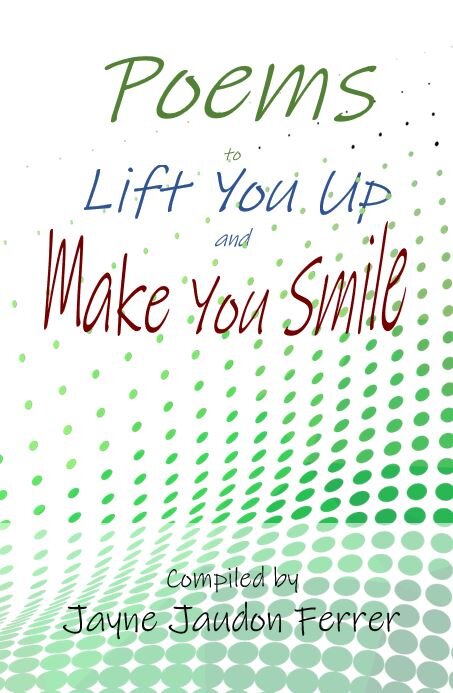| |
|
They were smooth ovals,
and some the shade of potatoes—
some had been moth-eaten
or spotted, the maples
were starched, and crackled
like campfire.
We put them under tracing paper
and rubbed our crayons
over them, X-raying
the spread of their bones
and black, veined catacombs.
We colored them green and brown
and orange, and
cut them out along the edges,
labeling them deciduous
or evergreen.
All day, in the stuffy air of the classroom,
with its cockeyed globe,
and nautical maps of ocean floors,
I watched those leaves
lost in their own worlds
flap on the pins of the bulletin boards:
without branches or roots,
or even a sky to hold on to.
This poem first appeared in The Literary Review (Fall 2008).
Used here with the author's permission.
|
.jpg)
Judith Harris is the author of two poetry collections, as well as the critical work Signifying Pain: Constructing and Healing the Self through Writing, which explores the use of writing as a therapeutic form of healing emotional damage. A third collection of poetry, Night Garden, is forthcoming in Spring 2013 from Tiger Bark Press. A reviewer and professor as well as a writer, Judith has taught creative writing, literature, and psychoanalytic theory at Catholic University, George Washington University, and George Mason. She lives in Washington, DC.
 Buy Now Buy Now Buy Now Buy Now Buy Now Buy Now
|
|
marenomitchell:
What a poignant last stanza! And about dried leaves, too. So strong.
Posted 10/15/2012 08:31 PM
|
wendy morton:
Last week, a friend gave me some forest pansy leaves, which now sit in a glass bowl on my table. They are the sky. Wonderful poem, so much music.
Posted 10/15/2012 12:00 PM
|
transitions:
~ "or even a sky to hold onto" ~ love that and this poem. Judy
Posted 10/15/2012 10:52 AM
|
Larry Schug:
The subtle rhythm of this poem is exquisite.
Posted 10/15/2012 07:33 AM
|
erinsnana:
I love the details in your poem, Judith! It brought me back also.
Posted 10/15/2012 06:38 AM
|
Eiken:
lovely memories in this poem, I remember tracing leave patterns too. brings me back!! Maire
Posted 10/15/2012 05:33 AM
|
|
|
|




.jpg)


